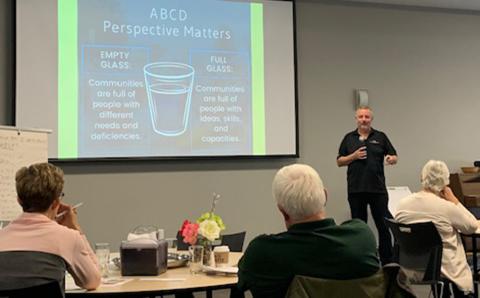Why do some Christians who are generally opposed to abortion allow for abortion in the case of pregnancy due to rape? Isn’t that a double standard?
The general opposition to abortion flows from the conviction that life is a gift from God, with human life an especially precious gift. This opposition is often underpinned by the conviction that the life and personhood of the new human being begin at conception. The DNA of the person who will hopefully be born, grow up, and flourish is established at that earliest moment. The fact that the fetus cannot do some of the things we associate with human personhood, such as reason, consciously act, and love, doesn’t mean we aren’t dealing with a person. It means we are considering the earliest and most fragile stage of the development of the person. Often at this point Christians will emphasize the biblical call to protect the vulnerable.
In the context of that call to protect unborn life (as part of a broader ethic of life that should also apply across numerous moral issues to those who are already born), Christians who are opposed to abortion have often acknowledged that abortion might be a permissible choice if the life of the mother is seriously threatened by the pregnancy or if the pregnancy was caused by sexual assault. That prompts your question: Yes, there are agonizing circumstances involved, but isn’t the fetus still a human person?
Christian ethics have usually regarded such situations as a tragedy reflecting the ruptured condition of our world. In the case of a woman whose life is threatened by her pregnancy, we have human life pitted painfully against human life. Choosing to prioritize either one of those lives is permissible, but also tragic.
In the case of pregnancies caused by sexual violence, ethicist Gilbert Meilaender observes in his book Bioethics: A Primer for Christians that there is an analogy with the threatened life of a pregnant woman: “For in this instance, even though the fetus is, of course, formally innocent, its continued existence within the woman may constitute for her an embodiment of the original attack upon her person.” (I am not arguing for or against this perspective, just explaining it.)
The Christian Reformed Church has officially approved the hard choice only when the woman’s life is threatened. The question, then, is whether you find the analogy to be convincing.
About the Author
Matt Lundberg is the director of the de Vries Institute for Global Faculty Development at Calvin University. He and his family are members of Boston Square Christian Reformed Church in Grand Rapids, Mich.









